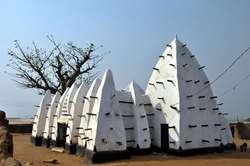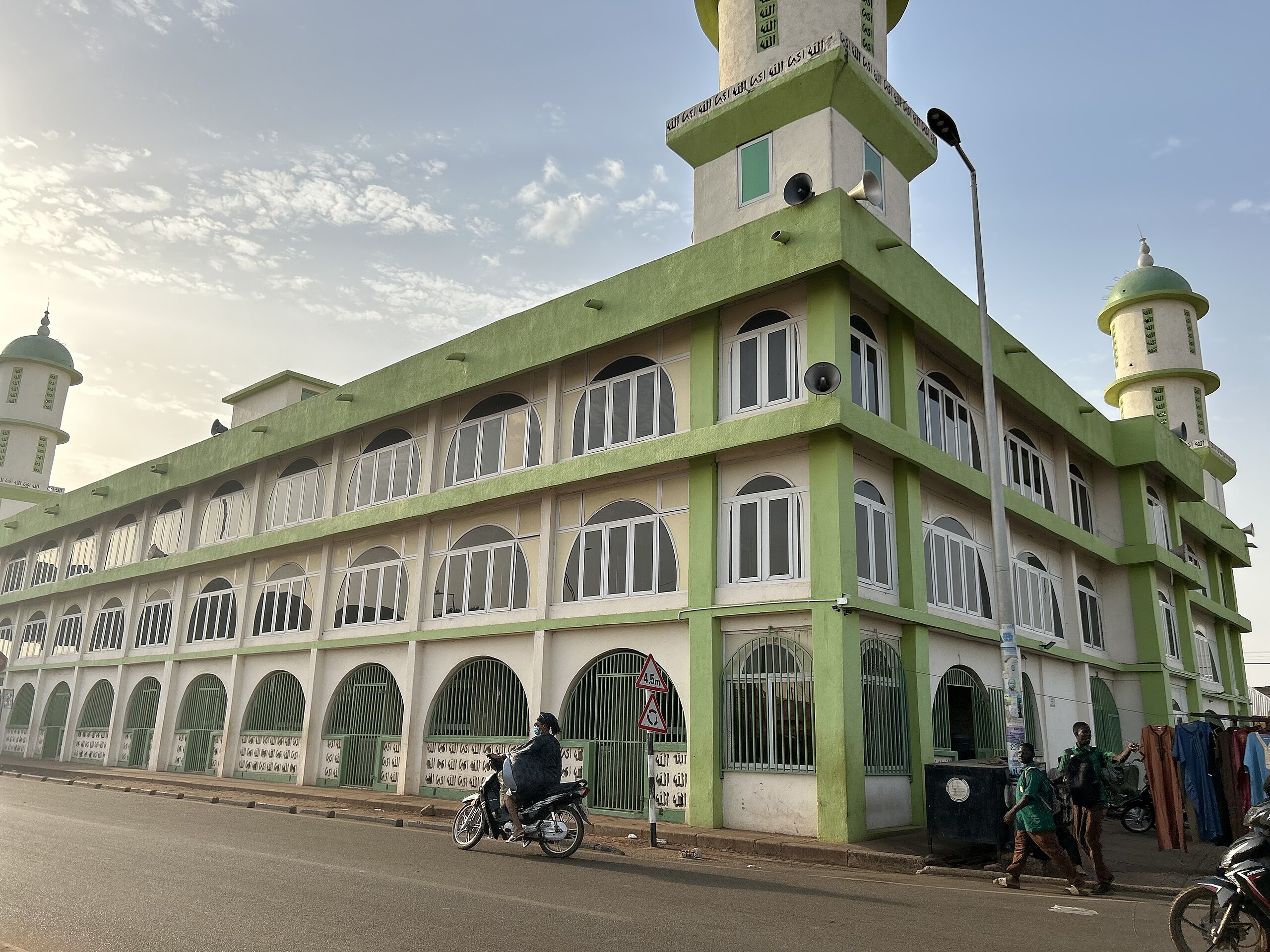Northern Ghana is rich in cultural heritage and history. The region is home to many sacred sites that hold deep spiritual significance for the local communities. These sites are not only places of worship but also centres of cultural identity.
In this article, we will explore some of the most important sacred sites in Northern Ghana. You can expect to learn about their historical backgrounds, cultural importance, and the rituals associated with them. Additionally, we will discuss how these sacred sites contribute to the community’s social fabric and the preservation of traditions.
Join us as we delve into the spiritual landscape of Northern Ghana and uncover the stories that shape its identity.
4 Sacred Sites and Their Significance in Northern Ghana
1. Larabanga Mosque
Northern Ghana is a land filled with sacred sites that reflect its rich cultural and spiritual heritage. First and foremost, one of the most significant sacred sites is the Larabanga Mosque. Built in the 15th century, this mosque is one of the oldest in West Africa. Notably, its unique architecture features mud walls and a distinctive Sudanese design. As a result, many people visit the mosque to pray and seek blessings.
Furthermore, the mosque attracts tourists who want to learn about its history. In this way, the Larabanga Mosque serves not just as a place of worship; it also symbolizes the Islamic faith in the region. People from different backgrounds come together here, fostering unity and understanding among them.

2. Malshegu Sacred Grove
To continue with, the Malshegu Sacred Grove is a vital site in Northern Ghana, rich in cultural and spiritual significance. This lush area is also home to diverse flora and fauna, revered by the local community as a sanctuary for ancestral spirits. Moreover, the grove serves as a gathering place for important cultural events, where rituals, prayers, and dances celebrate the connection between the people and their heritage.
Moreover, the Malshegu Sacred Grove plays a crucial role in the local ecosystem. In addition, its trees provide shade and habitat for wildlife, contributing to the health of the environment. The community also actively protects this sacred space, understanding its importance for both spiritual practices and ecological balance. However, by preserving the grove, they ensure that future generations can continue to honour their traditions and also maintain their bond with nature.
3. Tongo Hills
Another significant site is the Tongo Hills. This area is home to various sacred sites, including caves and shrines dedicated to different deities. The Tongo Hills are a significant pilgrimage site for many. Visitors come to seek guidance and blessings. The natural beauty of the hills adds to their spiritual significance, making them a cherished location.
4. Bawku Central Mosque
The Bawku Central Mosque is another significant site. This mosque is a centre of Islamic learning and community gatherings. It plays a vital role in the spiritual lives of the people in the region. Visitors come to learn about Islamic teachings and participate in community activities. The Bawku Mosque is essential for fostering unity among the local Muslim community.

Overall, these sacred sites play a crucial role in the lives of the people in Northern Ghana. They provide spaces for worship, reflection, and community bonding. Importantly, these sites help preserve the cultural identity of the region.
As communities gather to celebrate and honour their traditions, these sacred places become even more significant. They serve as reminders of the rich history and spiritual beliefs that shape the lives of the people.
The sacred sites of Northern Ghana are invaluable treasures. They hold deep meanings for the communities and reflect their cultural heritage. From the Larabanga Mosque to the Bawku Central Mosque, each site tells a story.
Understanding their significance not only helps us appreciate the rich tapestry of life in Northern Ghana but also fosters a deeper respect for the traditions that bind these communities together. Ultimately, these sacred places connect the past with the present and pave the way for future generations to honour their traditions.
Read Also: Uncover the Enchanting Marriage Rite of the Dagbon People
Top 5 Impact of Technology on Businesses in the Northern Region







